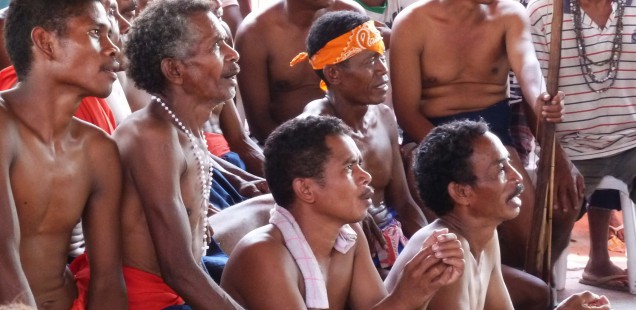
Building Solidarity among Aeta Communities in Capas, Tarlac (The Philippines)
The Aeta of Capas, Tarlac Province are among 12 to 15 million indigenous peoples in the Philippines. Referred to in the literature as “Negritos” and locally as kulot (curly-haired), they are known as the “people of the mountains.”
As hunter-gatherers in transition, the Aeta are often discriminated against because of their dark skin, curly hair, small stature, and because of their strong emphasis on foraging.
In the past, Aeta communities faced few threats from the outside and their conflict resolution mechanisms focused on settling internal problems most often involving marriage and personal or clan disputes. But recent decades have seen increasing pressure from external sources, including mining, logging, land grabbing and large-scale government projects. Though their right to be consulted concerning all development projects or initiatives from the outside that directly affect them is laid out in Philippine law, presently their voices are seldom heard. Lacking the social structures necessary to effectively face these threats to their ancestral lands and right to self-determination, there is now a need for the Aeta to speak up and express their aspirations with one voice.
The initiative will support efforts to develop the capacities of Aeta communities in Capas to have “the power to decide,” meaning the ability to formulate informed decisions concerning issues that affect their lives, and the capacity to act on those decisions. The true meaning of empowerment can be achieved if the Aeta can gain the power to control their ancestral land and to define their own path to development. The project will support the on-ground demarcation and processing of the Aetas’ ancestral land toward a Certificate of Ancestral Domain Title. Since their land can only be protected by strong, organized communities, training and support will also be provided to local leaders to facilitate a process of critical analysis of external issues and the formulation of decisions owned by the communities, who will then mobilize to take those decisions to the concerned government or private agencies.

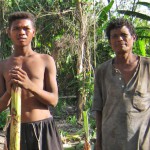
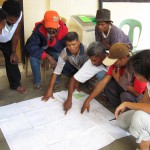
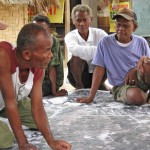
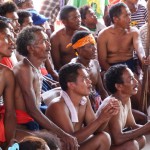
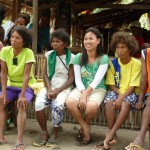



I wish i could have a time with them.